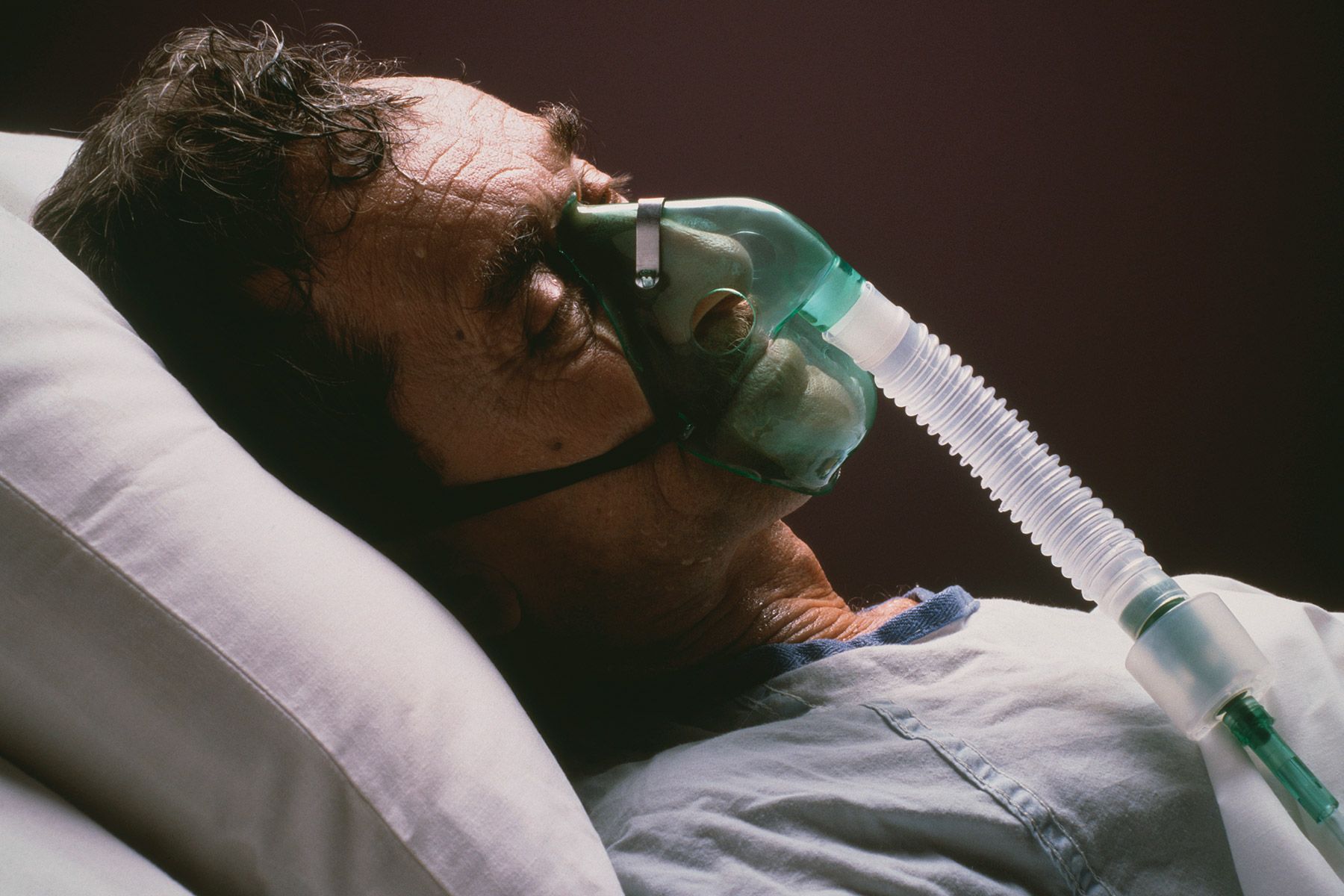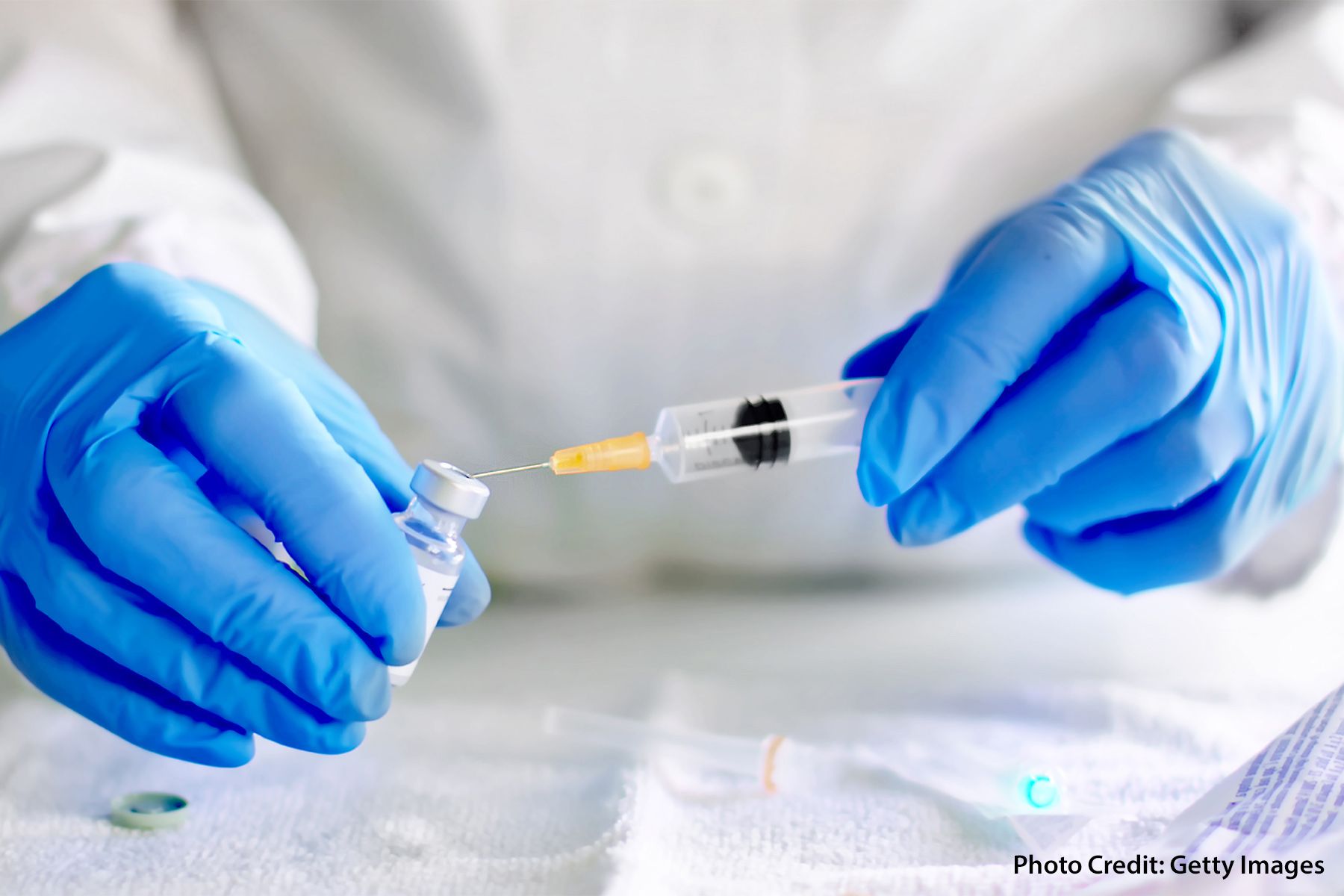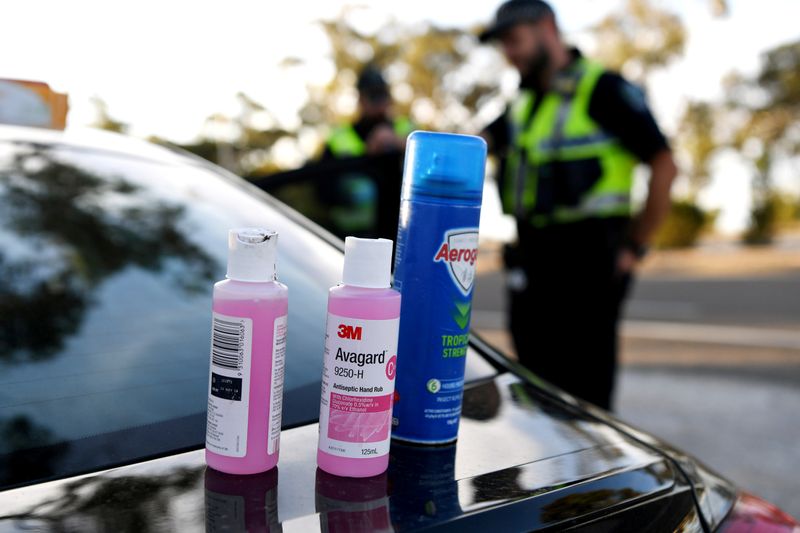By E.J. Mundell
HealthDay Reporter
WEDNESDAY, Sept. 2, 2020 (HealthDay Information) — A slew of “gold customary” clinical trials provide new hope for sufferers battling extreme COVID-19: low cost, widespread medicine generally known as corticosteroids seem to chop the dying price by a 3rd.
Publication of recent information on therapy with corticosteroids similar to hydrocortisone or dexamethasone “represents an vital step ahead within the therapy of sufferers with COVID-19,” mentioned Dr. Hallie Prescott of the College of Michigan, Ann Arbor, and Dr. Todd Rice, of Vanderbilt College in Nashville, Tenn.
They wrote an editorial accompanying 4 research on corticosteroids and COVID-19, all printed on-line Sept. 2 within the Journal of the American Medical Affiliation (JAMA).
One of many research was a “meta-analysis” — a assessment of knowledge wanting on the mixed outcomes of seven totally different medical trials. These trials concerned greater than 1,700 critically sick COVID-19 sufferers handled at medical facilities in 12 international locations.
The information confirmed that the usage of corticosteroids within the care of those sufferers reduce the dying price (after one month of therapy) by about one-third, based on researchers led by Jonathan Sterne, of the College of Bristol in the UK. This discovering was true for sufferers requiring mechanical air flow in addition to those that required supplemental oxygen however not a ventilator, the analysis workforce added.
General, “these trial outcomes from numerous medical and geographical settings counsel that within the absence of compelling contraindications, a corticosteroid routine must be a part of normal look after critically sick sufferers with COVID-19,” Sterne’s group concluded.
Quieting the storm
How would possibly corticosteroids — which have been round for many years — assist save lives threatened by COVID-19? As Prescott and Rice defined, these medicine work to counter the runaway inflammatory response — the so-called “cytokine storm” — that may drive late-stage COVID-19 and overwhelm sufferers’ defenses.
As well as, many sufferers handled for COVID-19 within the intensive care unit (ICU) require ventilators to breathe as a result of they develop a situation generally known as acute respiratory distress syndrome (ARDS). ARDS is usually seen in superior circumstances of pneumonia and different diseases, and might simply show deadly.
Continued
However Prescott and Rice famous that, as early as 1967, specialists famous that “corticosteroids appeared to have worth within the therapy of sufferers” with extreme pneumonia and ARDS.
In June, the primary stable proof that the medicine would possibly combat COVID-19 additionally emerged, with the publication of outcomes from a British trial of greater than 6,400 sufferers. That trial discovered that use of dexamethasone reduce the dying price by about one-third for sufferers on ventilators, and by about one-fifth for these requiring supplemental oxygen.
Within the newest problem of JAMA, researchers engaged on three new medical trials discovered preliminary outcomes indicating that corticosteroids would assist in opposition to COVID-19.
One trial from Brazil, involving 299 sufferers handled in ICUs, discovered that including dexamethasone to therapy “resulted in a statistically important improve within the variety of ventilator-free days” over 28 days of therapy. Two different trials — one from France and the opposite together with American sufferers — additionally instructed actual enchancment from the usage of corticosteroids.
The ‘clearest reply’
The U.S. trial concerned 403 COVID-19 sufferers handled in an ICU between March and June. It discovered a 93% likelihood that including intravenous hydrocortisone to sufferers’ therapy would finish in higher outcomes.
“This provides physicians like me, who deal with the sickest of the sick, hope. We’re starting to get a deal with on the lethal facet of this illness,” examine co-author Dr. Bryan McVerry mentioned in a College of Pittsburgh information launch. He is an affiliate professor of pulmonology, allergy and significant care medication at Pitt.
Examine lead writer Dr. Derek Angus, who directs the division of essential care medication at Pitt, added that “it’s comparatively uncommon in medication that you just discover medicine the place the proof of their effectiveness in saving lives is so constant. That is, in lots of respects, the only clearest reply we have had up to now on handle terribly sick COVID-19 sufferers. Individuals on ventilators or oxygen and underneath intensive care ought to undoubtedly be given corticosteroids.”
Nevertheless, publication of clear proof of profit from the British trial in June meant that withholding corticosteroid therapy from sufferers within the “management” arms of the Brazilian, French and U.S. trials was not moral, so every of these trials had been discontinued early.
Continued
The meta-analysis of knowledge from seven totally different research was accomplished, nonetheless, and exhibits clear profit from corticosteroid therapy.
In line with the meta-analysis, the steroid dexamethasone was utilized in three trials involving a complete of virtually 1,300 sufferers, and appeared to chop the dying threat by 36% in comparison with customary care.
Hydrocortisone was employed in three trials involving a smaller variety of sufferers (374) and reduce the dying threat by 31%, Sterne’s group reported.
Corticosteroids can have critical unwanted side effects, however the meta-analysis revealed little distinction in “critical opposed occasions” for sufferers who received the medicine versus those that didn’t.
Nonetheless, some questions stay. In line with editorialists Prescott and Rice, these questions embody: “Does inflammation rebound after cessation of corticosteroids? … Ought to much less severely sick or non-hospitalized sufferers be handled with corticosteroids? … Ought to remdesivir or different probably energetic therapeutics be administered with corticosteroids?”
General, nonetheless, the outcomes of the brand new trials printed on-line Sept. 2 in JAMA are encouraging, Prescott and Rice mentioned.
“The COVID-19 pandemic has introduced worry and a sea of change to the world,” they mentioned. “These research present proof and a few hope that an efficient, cheap and protected therapy has been recognized.”











